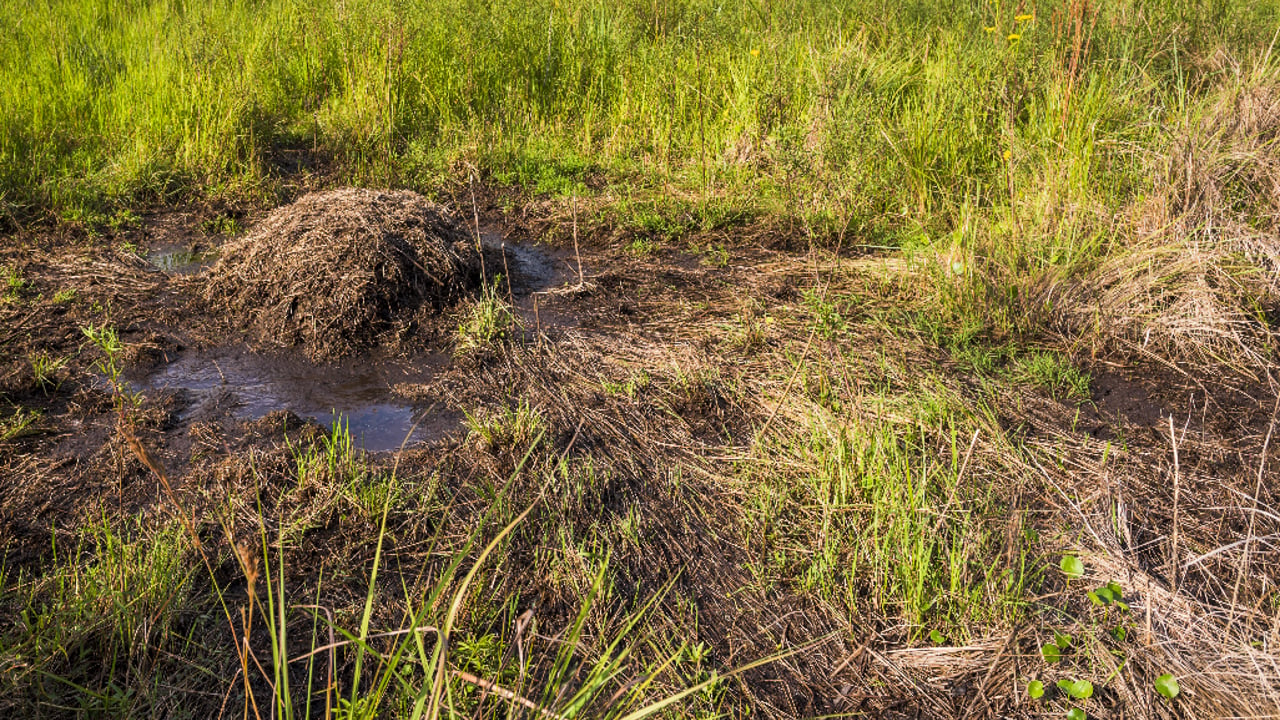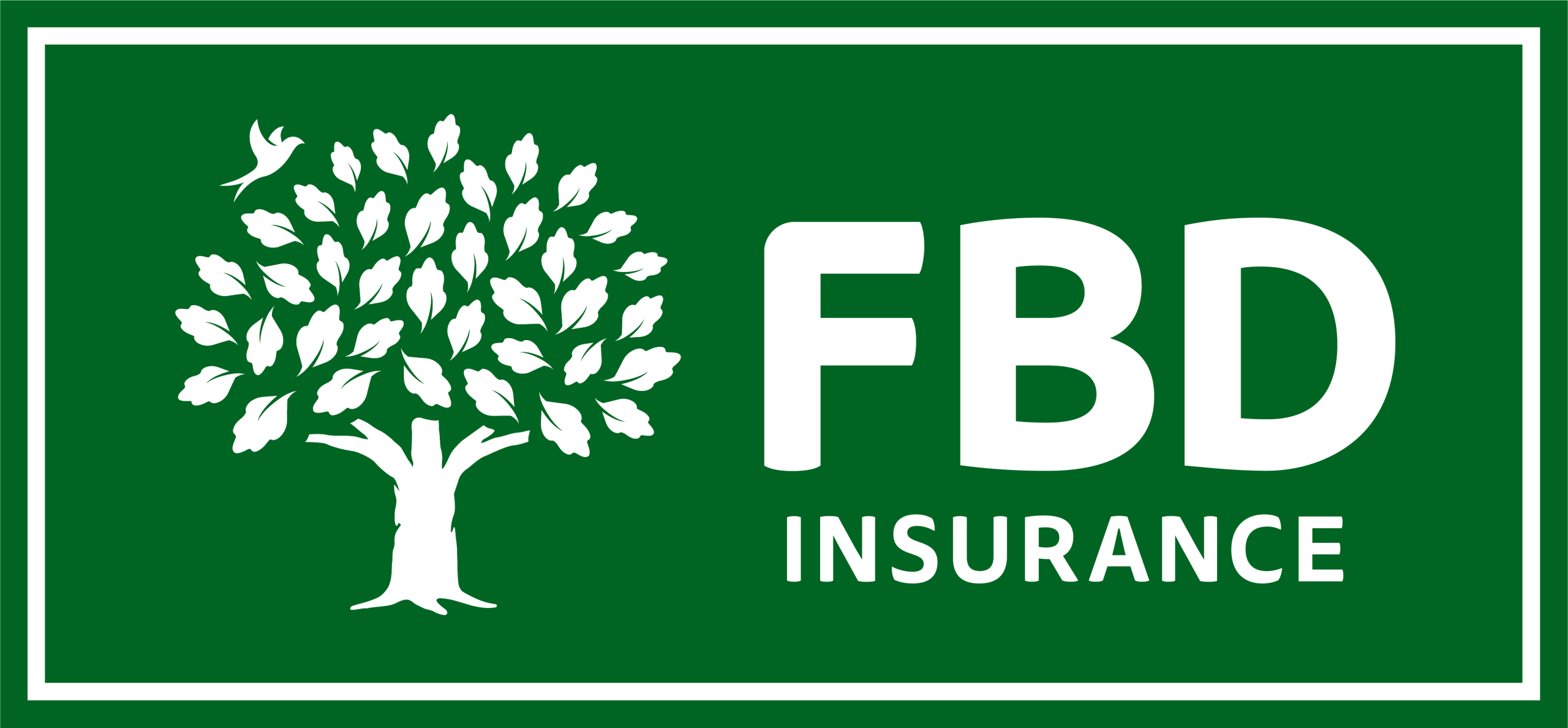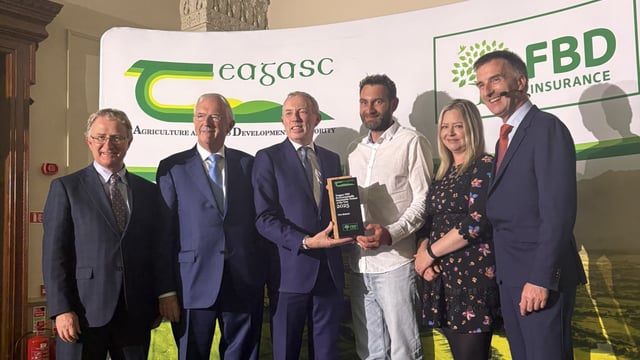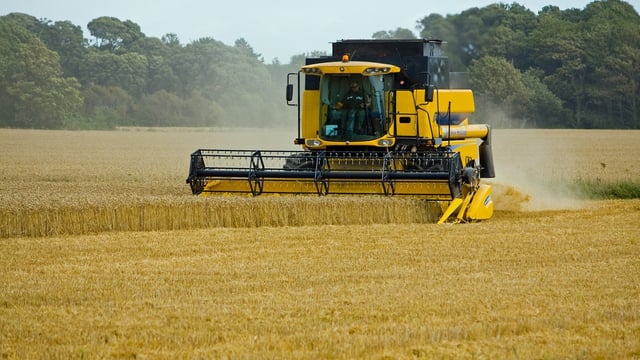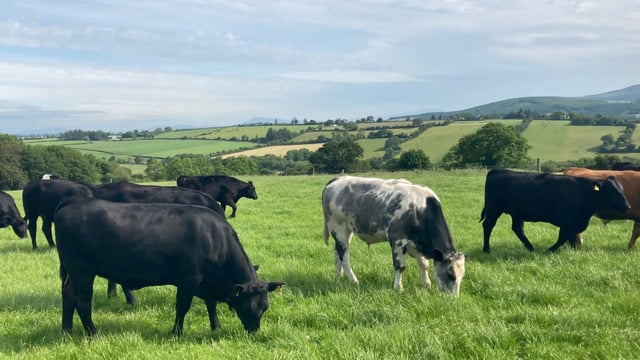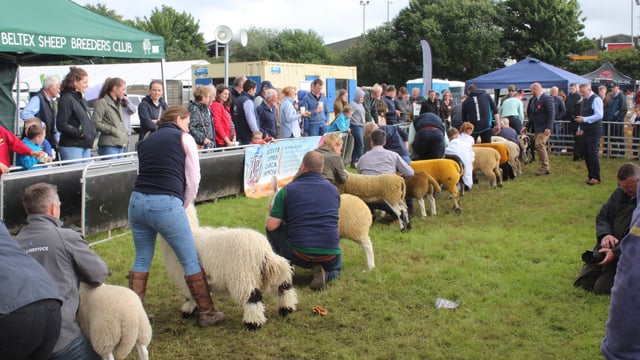GAEC 2 appeals process due in next 2 weeks - DAFM
The Department of Agriculture, Food and the Marine (DAFM) has confirmed to Agriland that an appeals process for the Good Agricultural and Environmental Condition 2 (GAEC 2) "will be finalised and available in the next two weeks".
GAEC 2 is the conditionality standard of the Common Agricultural Policy (CAP) related to the protection of peatlands and wetlands.
It formally entered into force on May 1, which means that any works carried out before that date do not come under the scope of the condition.
DAFM has previously stated that there are no additional actions for a farmer and they can continue to farm as normal under GAEC 2.
Under the condition, the maintenance of an existing drain on is permitted and replacement is acceptable.
However, new drainage on never-drained parcels of land will require planning permission or an exemption from the local authority, as is currently the case under national legislation.
GAEC 2
Once the appeals mechanism for GAEC 2 is in place, DAFM will notify all Farm Advisory System (FAS) advisors and the application form will be available on the department’s website.
Only farmers with GAEC 2 parcels, with "acceptable evidence" that their parcel(s) do not meet the definition of a peat soil and who wish to carry out drainage work on previously undrained land should submit an appeal and these appeals will be prioritised.
A peat soil is defined as organic soil materials which have sedentarily accumulated and have at least 30% (dry mass) organic matter over a depth of at least 45cm on undrained land and 30cm deep on drained land; the depth requirement does not apply if the peat layer is over bedrock.
Once the appeal system is available, there will be no closing date so a farmer could appeal a GAEC 2 parcel in 2026 and for as long as GAEC 2 is part of the CAP programme as part of conditionality.
It is envisaged that the department’s direct payments integrated controls division will handle any appeals and appeal applications will be required to be lodged online.
It is understood that the required documentation that is being considered for the appeals process is as follows:
- Organic matter soil samples for each GAEC 2 parcel and the results must be from an accredited laboratory and linked to each Land Parcel Identification System (LPIS) parcel;
- A detailed report from an approved FAS advisor giving a description of the soil, habitat and its profile supported by geotagged photos of the soil profile;
- Signed declaration from the appellant that the parcel(s) in question has never been drained and he/she plans to carry out drainage works in 2025;
- Evidence to show that the appellant plans to carry out drainage work in 2025 e.g. contractor invoice, estimate of costs etc.;
- Any other supporting document the appellant wishes to add in support of the appeal.
The department added that there may be additional documentation requested when an appeal is submitted.
"Any appeal may be subject to an on-farm verification inspection which may include the taking of soil samples where it is deemed necessary.
"GAEC 2 parcels subject to an appeal, remain as GAEC 2 parcels until a DAFM decision on the appeal to determine the parcel no longer meets the definition of a peat soil," a department spokesperson said.
Farmers
Farmers who declared a GAEC 2 parcel as part of their 2024 Basic Income Support for Sustainability (BISS) Scheme application were written to in May of this year by the deparment.
The final number of farmers that were contacted was 44,254. Mayo was the county with the highest number of letters issued at 6,651, followed by Donegal (5,194) and Roscommon (3,342).
The following list provides a county-by-county breakdown of the 2024 BISS applicants who were written by DAFM to about GAEC 2:
- Carlow: 66;
- Cavan: 1,603;
- Clare: 2,902;
- Cork: 1,015;
- Donegal: 5,194;
- Dublin: 33;
- Galway: 5,610;
- Kerry: 3,124;
- Kildare: 546;
- Kilkenny; 91;
- Laois: 879;
- Leitrim: 2,424;
- Limerick: 595;
- Longford: 1,425;
- Louth: 240;
- Mayo: 6,651;
- Meath: 411;
- Monaghan: 1,248;
- Offaly: 1,671;
- Roscommon: 3,342;
- Sligo: 2,362;
- Tipperary: 1,136;
- Waterford: 142;
- Westmeath: 1,281;
- Wexford: 40;
- Wicklow: 223.
The department noted that conditionality checks and sanctions do not apply to farmers with 10ha or less which may be included in these figures.

